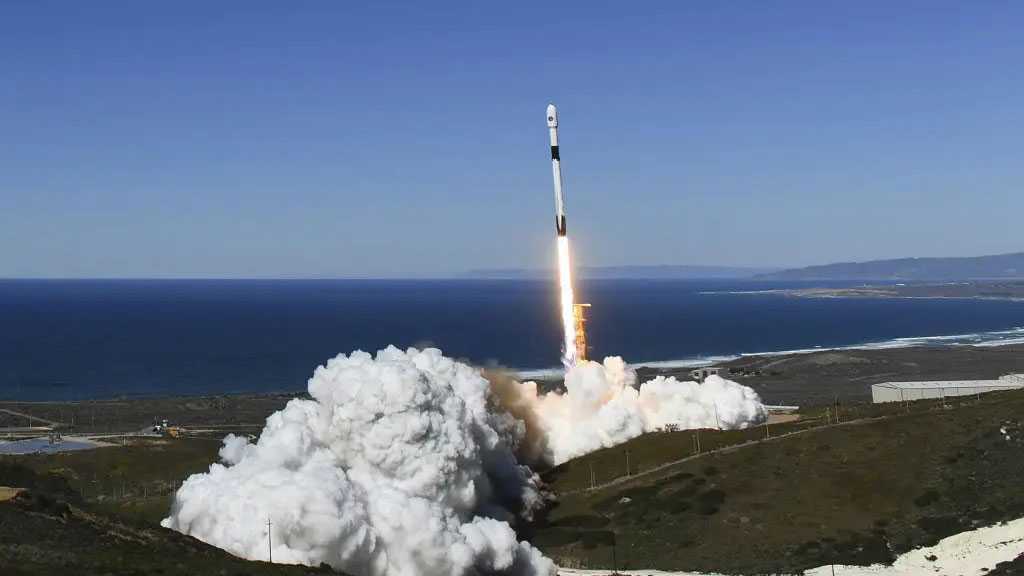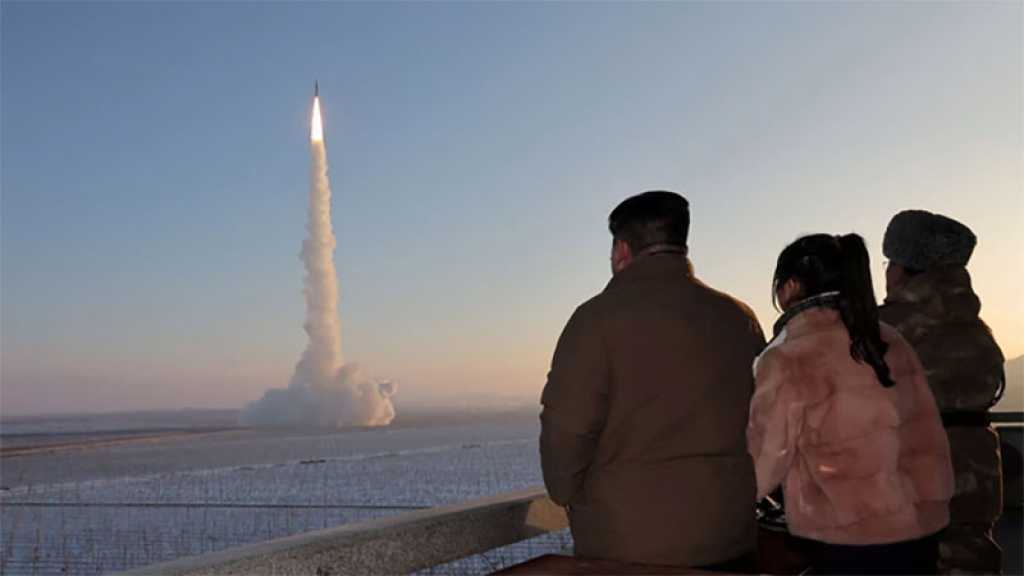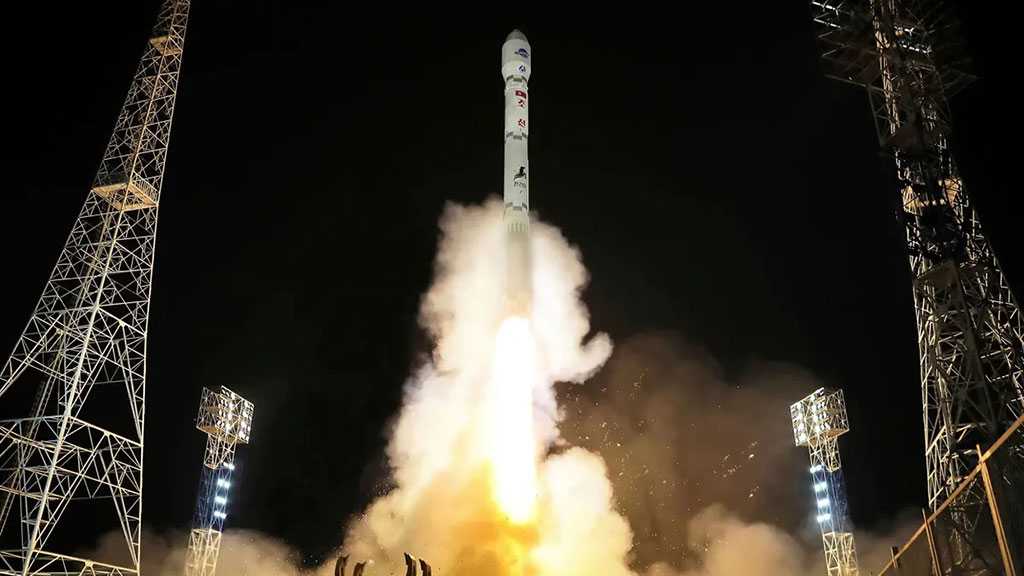
S Korea Silences Loudspeakers after Deal with North to End Crisis
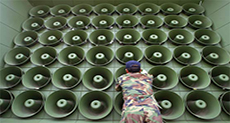
Local Editor
North and South Korea agreed early Tuesday to end a military standoff that sparked an exchange of artillery fire and had ratcheted up tension on one of the world's most heavily-fortified borders.
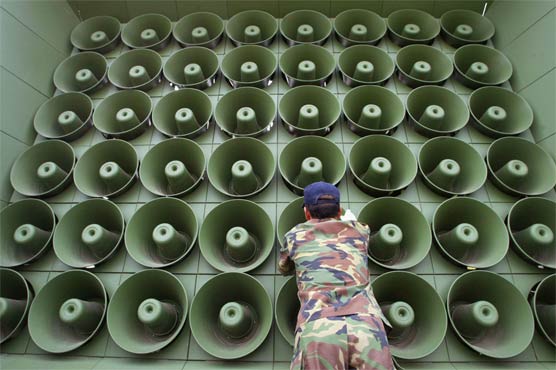
Under an accord reached in the early hours, following more than two days of talks, North Korea expressed regret over the recent wounding of South Korean soldiers in landmine blasts and Seoul agreed to halt anti-Pyongyang propaganda broadcasts.
North Korea also agreed to end the "semi" state of war it had declared. The two sides will hold follow-up talks to discuss a range of issues on improving ties, the joint statement said.
Both sides began rolling back heightened military postures at noon [0300 GMT], Seoul's Defense Ministry said.
"It is very meaningful that from this meeting North Korea apologized for the landmine provocation and promised to work to prevent the recurrence of such events and ease tensions," said Kim Kwan-jin, national security adviser to South Korean President Park Geun-hye, who headed Seoul's delegation.
Pyongyang had denied laying the landmines, and in the statement did not explicitly take responsibility for them. However, any expression of regret by the North, better known for its bellicose rhetoric, is rare.
The marathon talks at the Panmunjom truce village inside the Demilitarized Zone [DMZ] separating the two Koreas began on Saturday, shortly after Pyongyang's deadline for the South to halt its propaganda broadcasts or face military action.
"They both made compromises. South Korea did not get an apology, they got a statement of regret about the injury, which they can spin as an apology," said John Delury of Yonsei University in Seoul.
"The more important point is maintaining this channel and reopening the relationship. This is hardly going to be easy to implement, but it's a landmark agreement which lays out a path."
Seoul and Pyongyang have remained technically in a state of war since the 1950-53 Korean war ended in a truce, not a peace treaty.
Inter-Korean relations have been all but frozen since the 2010 sinking of a South Korean warship, which killed 46 sailors that Seoul blames on the North. Pyongyang denies responsibility.
On Tuesday, the two sides also agreed to arrange reunions of families separated by the Korean War during upcoming autumn holidays and in future.
"What's important now is to carry forward specific projects agreed by South and North smoothly through follow-up talks so as to ease tensions between South and North," Park's presidential office quoted her as saying.
Asked early on Tuesday about the prospect for a summit meeting between Park and the North's young leader, Kim Jong Un, the South's national security adviser said it was "not the time" to discuss that.
The two Koreas have not held a summit since 2007.
The rise in tensions began early this month, when the landmine explosions in the DMZ wounded two South Korean soldiers.
Source: News Agencies, Edited by website team
Comments
- Related News
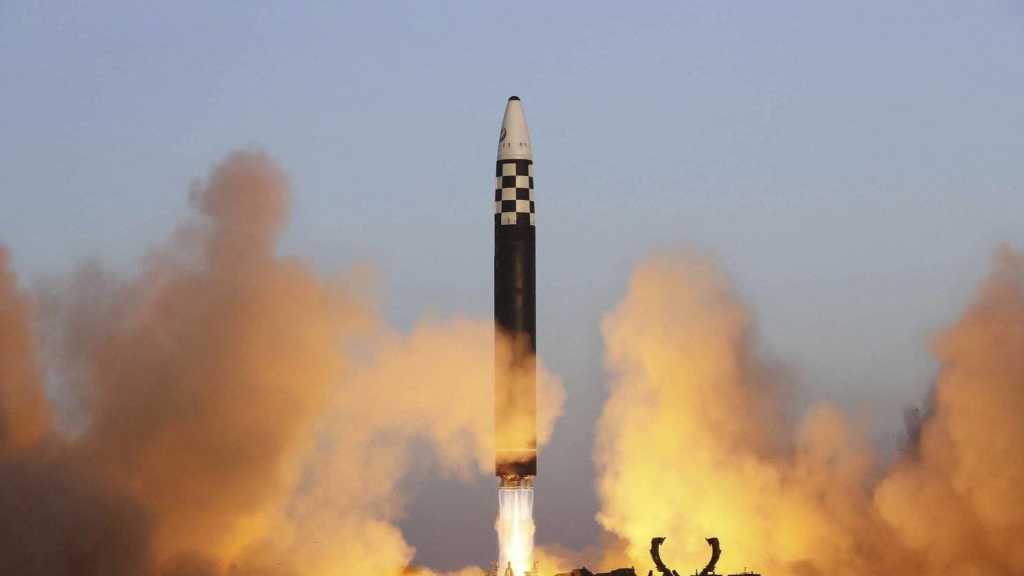
North Korea Launches Ballistic Missiles
4 months ago